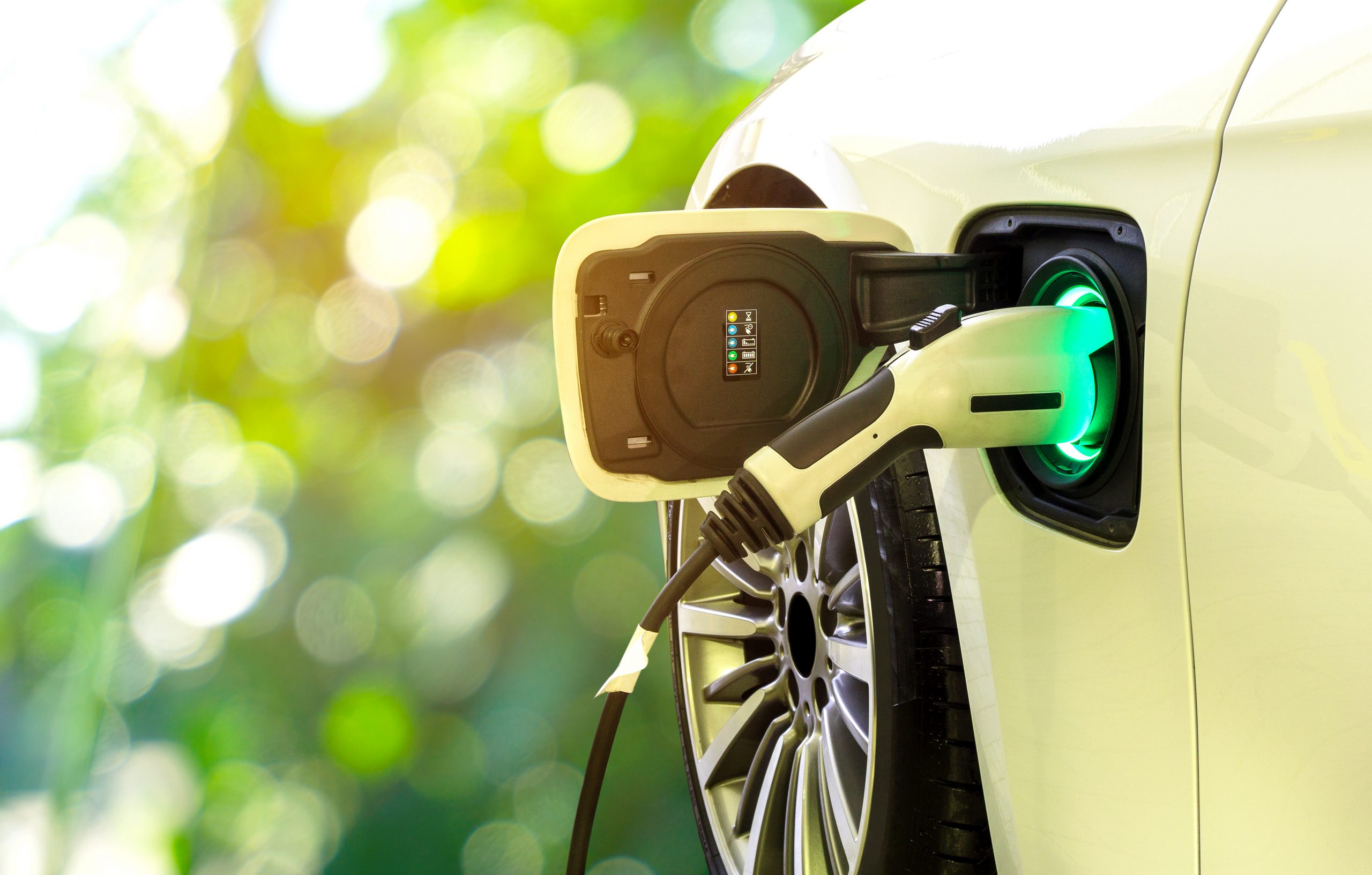Household Bills
Plug pulled on £1,500 electric car grant

The government has pulled the £1,500 plug-in car grant for new electric vehicle orders as of today as it looks to focus funds on expanding public charge points.
The plug-in car grant has offered drivers a discount on buying an electric vehicle since 2011.
But over the years, the government has been reducing the plug-in car grant discount from £3,000 to 2,500 in March 2021 before then slashing it to £1,500 in December on electric vehicles costing up to £32,000 (down from the original £50,000 price tag).
And now – with immediate effect – the government has gone one step further by completely axing the plug-in car grant for new orders after “successfully kickstarting the UK’s electric car revolution”.
The Department for Transport (DfT) said the scheme had “succeeded in creating a mature market for ultra-low emission vehicles”, taking fully electric car sales from less than 1,000 in 2011 to almost 100,000 in the first five months of 2022 alone.
Battery and hybrid electric vehicles now make up more than half of all new cars sold, while fully electric car sales have risen 70% in the last year. They now represent one in six new cars joining UK roads. Since its inception in 2011, the government’s plug-in car grant has provided over £1.4bn and helped drivers buy nearly half a million clean vehicles.
The government said it had “always been clear the plug-in car grant was temporary” as it previously confirmed funding until 2022/23.
It added that despite cutting the size of the grant and the number of models covered, appetite from buyers remained. Further, significant savings in running costs for electric cars compared to petrol or diesel equivalents “often exceed the £1,500 value of the grant”.
As such it is now refocusing the plug-in car grant towards the main barriers of EV transition, including public charging to help eradicate “range anxiety”. However, £300m grant funding will be channelled towards extending plug-in grants to boost sales of plug-in taxis, motorcycles, vans and trucks as well as wheelchair accessible vehicles.
The government confirmed existing applications for the grant will continue to be honoured and where a car has been sold in the two working days before the announcement, but an application for the grant from dealerships has not yet been made, the sale will also still qualify for the grant.
‘We need prices to fall’
RAC head of policy, Nicholas Lyes, said: “The UK’s adoption of electric cars is so far impressive but in order to make them accessible to everyone, we need prices to fall – having more on the road is one important way of making this happen, so we’re disappointed the government has chosen to end the grant at this point.
“If costs remain too high, the ambition of getting most people into electric cars will be stifled.”
‘Sale of electric vehicles is soaring’
Transport minister, Trudy Harrison, said: “The government continues to invest record amounts in the transition to EVs, with £2.5bn injected since 2020, and has set the most ambitious phase-out dates for new diesel and petrol sales of any major country. But government funding must always be invested where it has the highest impact if that success story is to continue.
“Having successfully kickstarted the electric car market, we now want to use plug-in grants to match that success across other vehicle types, from taxis to delivery vans and everything in between, to help make the switch to zero emission travel cheaper and easier.
“With billions of both government and industry investment continuing to be pumped into the UK’s electric revolution, the sale of electric vehicles is soaring.”